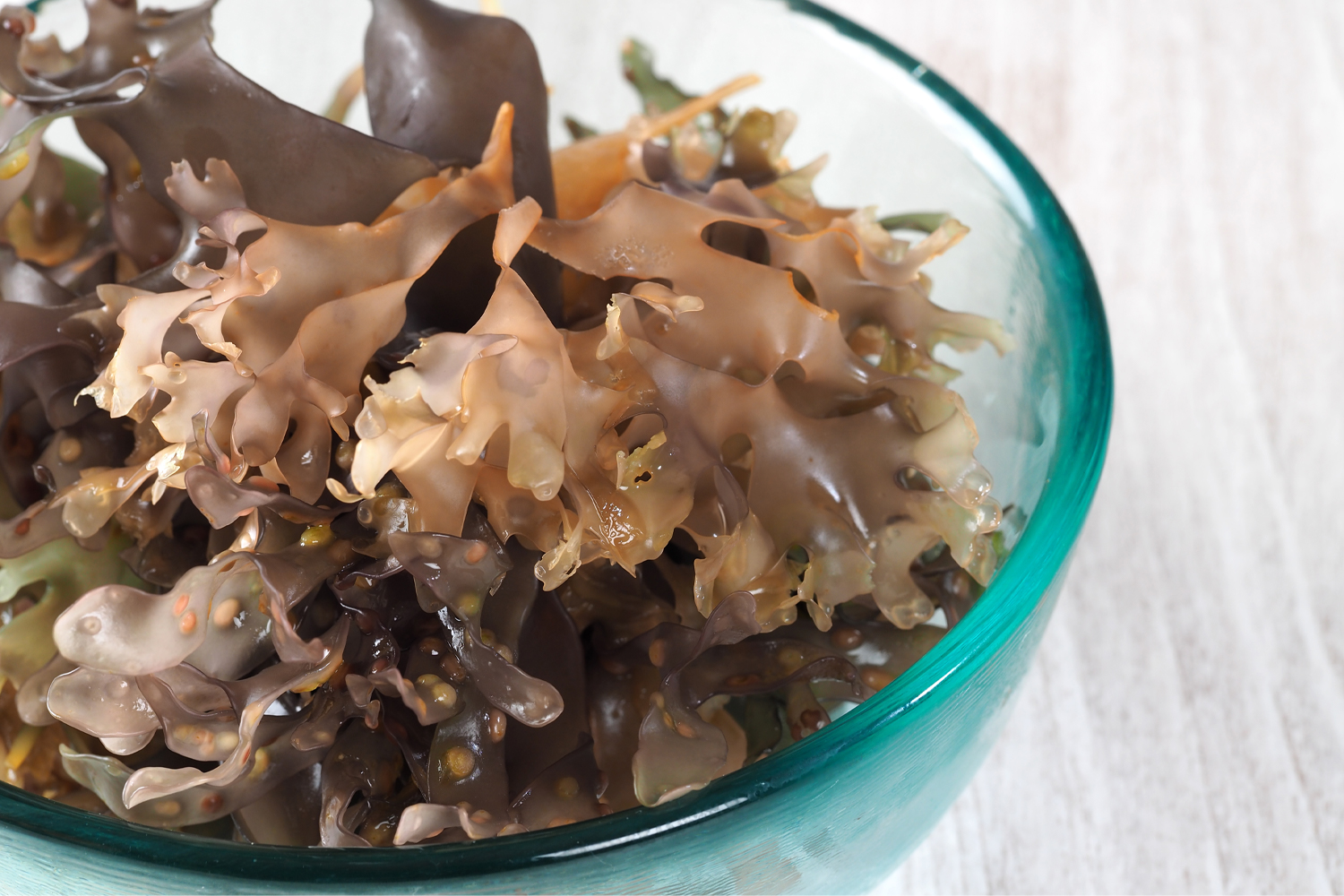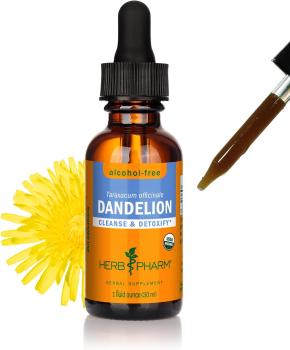Whether you call it by its Latin name, Chondrus crispus, or by one of its common names, sea moss or Irish sea moss, this type of red algae is surging in popularity.
Nutritional Benefits of Sea Moss
-
What Nutrients Are in Sea Moss?
Besides being loaded with fiber, which is good for digestion, sea moss contains iodine, peptides, amino acids, and vitamins and minerals.
-
Why Is Sea Moss So Good for You?
“Important minerals, such as calcium, accumulate in seaweeds at much higher levels than in terrestrial foodstuffs,” according to researchers led by Paul MacArtain, PhD.
-
Has Sea Moss Been Tested?
There have not been many human trials on sea moss, even on the bioavailability of its nutrients. In vitro studies show that red algae, which contains polysaccharides, has antitumor and antiviral activity.
How to Use Sea Moss
Sea moss powder, available from natural products retailers, is easy to sprinkle into smoothies and oatmeal and to add as a thickener to sauces and desserts. Sea moss gel is another trend; consumers can add a tablespoon of it to beverages or soups or just eat it straight from the spoon.
Sea Moss Precautions
Allergies
Do not use sea moss if you have a shellfish allergy.
-
Iodine
Like many seaweeds, sea moss is a rich source of iodine, which is critical for thyroid function.
“The goal with iodine,” says nutritionist Cynthia Sass, MPH, RD, “is to consume a just-right amount, as both too little and too much can throw thyroid hormones out of whack.”
Sass suggests using sea moss in moderation—adding it to smoothies from time to time, for example—rather than overdoing it.
-
Maternity
Check with your healthcare provider before adding sea moss to your diet, especially during pregnancy and nursing.
-
Medications
Do not use sea moss supplements if you use blood thinners.





